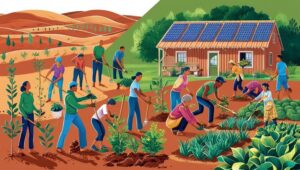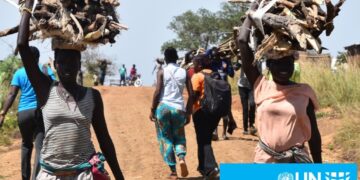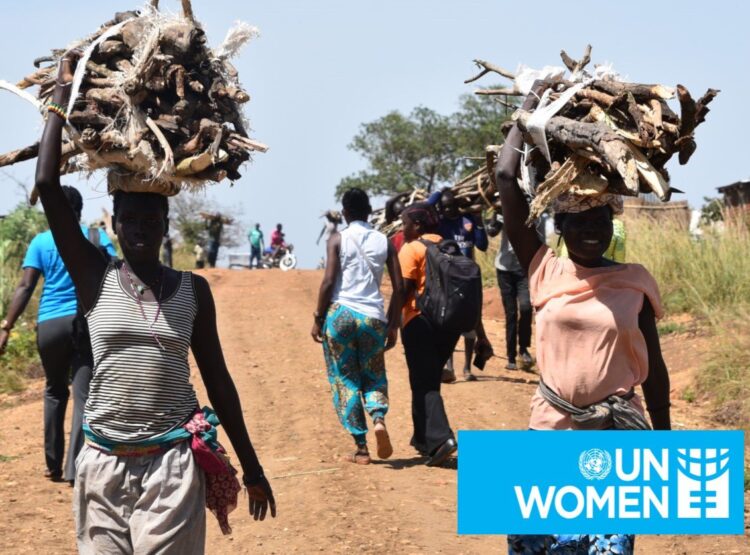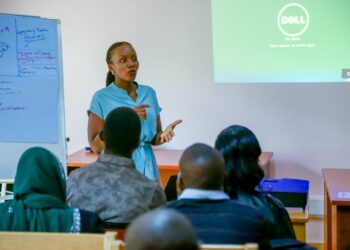Op-Ed
Editor, a recent intergovernmental panel on climate change IPCC special report notes that the current global warming 1.5°C is more likely to reach 20°C by 2100 posing severe threats to climate change. This implies that the world will experience extreme temperature and rainfall averages leading to prolonged and frequent periods of drought and floods.
These weather vagaries such as drought and flooding affects mostly women because of their roles in the household management as caregivers and providers of food and fuel, increasing their vulnerability to health issues, gender based violence and reduced opportunities.
In many regions, women bear a disproportionate responsibility for securing food, water and fuel for their families. When these resources become scarce due to the changing climate, women must work hard and travel farther. This puts added pressure on girls who sometimes have to leave school to help their mothers manage the increased burden.
 Due to gendered power inequalities, harmful social norms and social vulnerabilities in many settings, women are more likely than men to experience increases in violence or die during and in the aftermath extreme weather events or climate related effects. During the emergencies such as conflicts and disasters, women are at a high risk of GBV because of the crisis in the family as well as due to sudden breakdown of family and community structures a rising from forced displacement. Women’s role is not understood, many of their challenges are not well represented in the key decision making yet they are the ones to face and respond to climate change.
Due to gendered power inequalities, harmful social norms and social vulnerabilities in many settings, women are more likely than men to experience increases in violence or die during and in the aftermath extreme weather events or climate related effects. During the emergencies such as conflicts and disasters, women are at a high risk of GBV because of the crisis in the family as well as due to sudden breakdown of family and community structures a rising from forced displacement. Women’s role is not understood, many of their challenges are not well represented in the key decision making yet they are the ones to face and respond to climate change.
As more data and research reveal the connections between gender, social equity and climate change, it is time to talk about how climate change impacts women and girls, why gender equity is key to global climate action and how we must support solutions for women by women because they bear a disproportionate burden due to their vulnerabilities stem from socio economic factors such as poverty, societal norms and cultural responsibilities. Despite these challenges, women often encounter limited access to resources, opportunities and decision making authority.
The Paris agreement acknowledges the importance of gender equality and women’s empowerment in the fight against climate change and to achieve the recommendations in this agreement, women have to be at the forefront. We need to involve more of them in tree planting in their homes, sensitize them on the clean cooking technologies to enable them mitigate climate change.
Since women are often deeply connected to their communities and understand the local environmental challenges, it is crucial to engage them in climate solution decision making to strengthen their resilience in order to help them reduce their vulnerability to climate change. This will help them become leaders in climate action and enhancing their role in driving solutions to climate challenges, elevate their voices in the fight for climatic sustainable and equitable future for all. Women’s involvement in climate adaptation is not only beneficial but essential for the wellbeing of our planet.
By Olive Atuhaire,
The writer is a Ugandan Climate Activist.
Email: atuhaireolivia72.ao@gmail.com








































